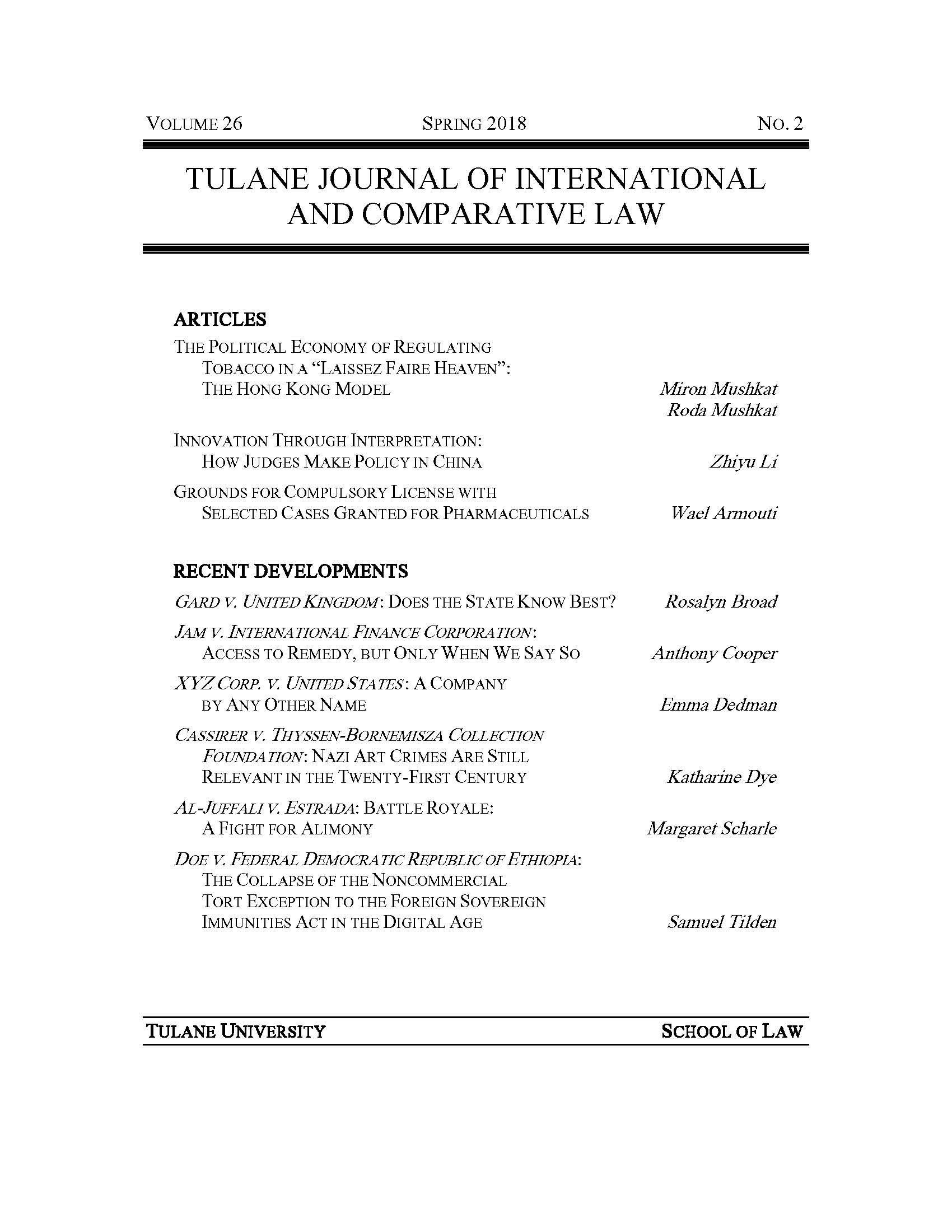The Political Economy of Regulating Tobacco in a “Laissez Faire Heaven”: The Hong Kong Model
Abstract
Over the past five decades, smoking has come to be recognized as a source of multiple
physical and psychological ills. An array of increasingly decisive policy responses has evolved to
alleviate the problem. The affluent, knowledge-rich, and outward-looking Hong Kong has been
relatively slow to acknowledge and confront the dangers of tobacco use. The explanation largely
lies in the structural attributes of the territory’s governance regime. By establishing a link between
these attributes and local strategies to curtail smoking and manage its effects, it is possible to shed
further light on the dynamics of regulatory systems in general and in this issue-area, in particular.
Downloads
Download data is not yet available.
